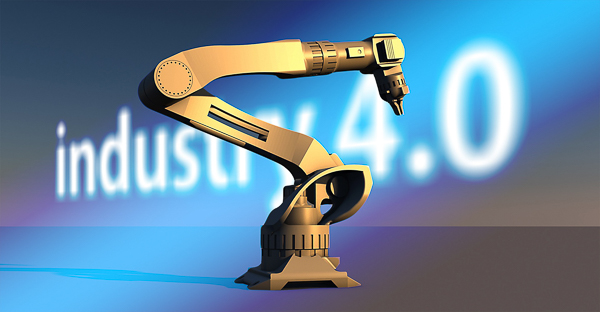Cyber-physical systems (CPS) are being increasingly used for highly automated applications, for example, in industrial production plants. Not only does the high degree of automation pose great challenges for developers, they must also take into account that cyber-physical production systems have to adapt to changing environments over the course of their long service life. This may be necessary, for example, due to changing locations and objectives or changing collaboration partners. Such dynamic environments are often accompanied by the problem that important characteristics of the environment (e.g., the behavior of other systems or physical environment variables) are not known or are only known with a certain degree of uncertainty during the operating time of such systems. Nevertheless, the systems must fulfil their purpose safely and reliably.
To support the development of CPS in dynamic operating environments, Torsten Bandyszak, Marian Daun, Bastian Tenbergen, and Thorsten Weyer have developed a model-based approach for documenting uncertainties in CPS. This approach is based on orthogonal uncertainty models which allow uncertainties to be analyzed from various perspectives. It is one of the results of the CrESt research project and has been developed in cooperation with the State University of New York.
On Wednesday, Torsten Bandyszak from the Software Systems Engineering group presented the approach at the renowned IEEE CASE 2018 conference. He demonstrated the modeling using the example of a fleet of transport robots in a production plant. The IEEE International Conference on Automation Science and Engineering (IEEE CASE) is one of the world's leading conferences in the field of industrial automation. Torsten Bandyszak's paper "Model-Based Documentation of Context Uncertainty for Cyber-Physical Systems" was presented in the session "Engineering Methods and Tools for the Development of Collaboration-Intensive Cyber-Physical Systems".
